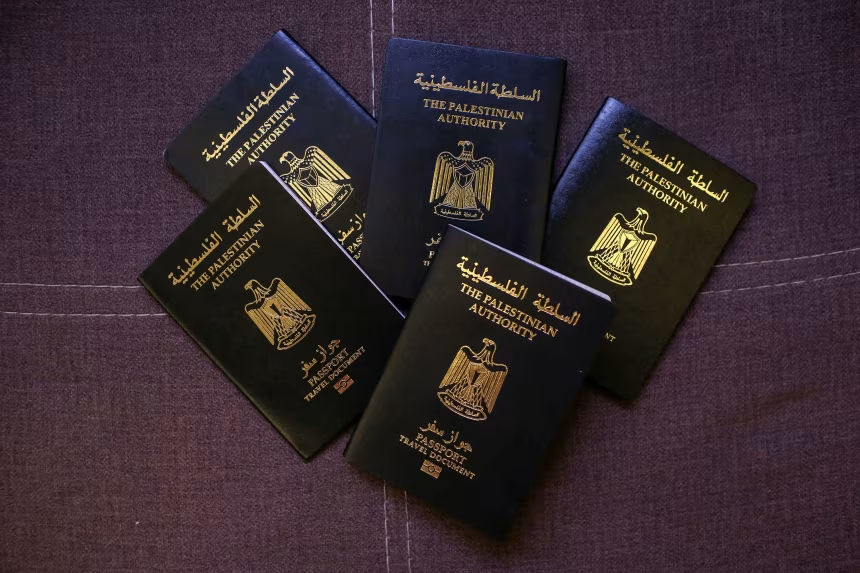The United States has introduced a new policy that stops almost all visa approvals for people holding Palestinian Authority passports. This decision, revealed at the end of August 2025, is already creating serious humanitarian and political concerns.
Reports show that American consular officers have been instructed to refuse almost all visa requests from Palestinians by using Section 221(g) of the Immigration and Nationality Act. Normally this rule is used when more documents are needed, but in this case it is being applied as a blanket refusal. This means students, patients, business travelers and families who depend on Palestinian passports are now unable to get visas to the US. People with dual nationality using a different passport are not affected.
The restriction comes just weeks before the United Nations General Assembly in New York. Several Palestinian officials, including President Mahmoud Abbas, have reportedly had their visas denied or canceled. While the US says it is still honoring its UN obligations by allowing the Palestinian mission in New York to attend, many analysts see this as a clear attempt to isolate Palestinian leadership.
Humanitarian groups have raised alarm about the impact on ordinary people. Injured children and sick patients from Gaza who were hoping to receive medical care in the US are now blocked. More than 140 members of the US Congress have written to Secretary of State Marco Rubio asking for the policy to be reversed. They argue that people who already passed Israeli security checks should not be denied on political grounds.
This policy goes far beyond previous restrictions that were mainly limited to Gaza residents. It is also part of the wider hard line immigration stance of the Trump administration, which earlier this year reinstated broad travel bans and new vetting rules under Executive Order 14161. Critics say the measure punishes civilians instead of targeting political actors and undermines America’s image as a defender of humanitarian principles.
For now Palestinian passport holders face an indefinite barrier to studying, working or receiving medical treatment in the United States. Whether political pressure and international outcry will force Washington to ease the restriction remains to be seen.


